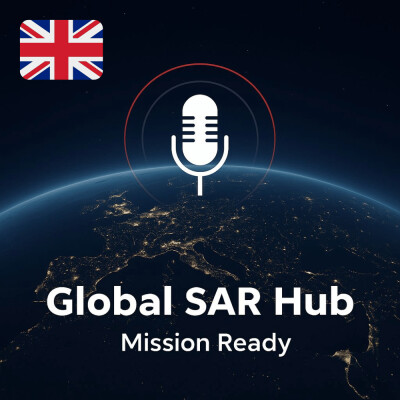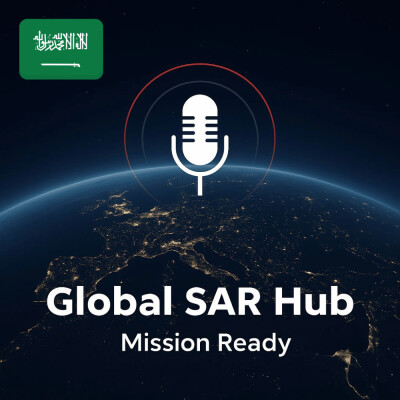Description
How does a legal convention actually turn into real-world rescue?
In this second episode of our SAR Convention mini-series, we explore how the Convention’s technical backbone — shared terminology, ship reporting systems, and the global RCC structure — creates the operational clarity and coordination that save lives at sea.
🔍 What you'll learn in this episode:
Why standardized definitions are vital to prevent confusion in SAR operations
How subtle language differences in legal grammar shape state obligations
How Ship Reporting Systems (SRS) speed up rescue and improve situational awareness
The principle of free assistance and the cost-related resolutions of 1979
How SAR zones, RCCs, and RSCs are structured globally for 24/7 readiness
🌐 Keywords:
SAR Convention, RCC, SRS, rescue coordination, ship reporting system, distress alerts, SAR zones, IMO, legal wording, international law, SAR grammar, maritime safety, free assistance, global structure, MRCC, RSC, SAR definitions, surface picture, rescue system, international cooperation
🎧 About Global SAR Hub – Mission Ready
Global SAR Hub – Mission Ready is the international podcast dedicated to the people, tools, and systems that make Search and Rescue possible around the world.
Multilingual and powered by AI, the podcast is designed to make SAR content accessible to the widest possible audience, through short, strategic, and engaging episodes.
Created by Nicolas — former MRCC watch supervisor with over 25 years of frontline SAR experience — and co-developed with Arthur and Tanguy, co-founders of Global SAR Hub, the podcast is part of a broader mission to share knowledge, stories, and insights from across the global SAR community.
🎯 Our mission: Support SAR professionals. Share field-tested expertise. Promote life-saving innovation — worldwide.
🔗 Learn more & connect:
🌐 Website: www.globalsarhub.com
🔗 LinkedIn: Global SAR Hub
📩 Contact: contact@globalsarhub.com
📡 Produced by: Global SAR Hub
© Global SAR Hub 2023-2025. All rights reserved.
Hosted on Ausha. See ausha.co/privacy-policy for more information.





